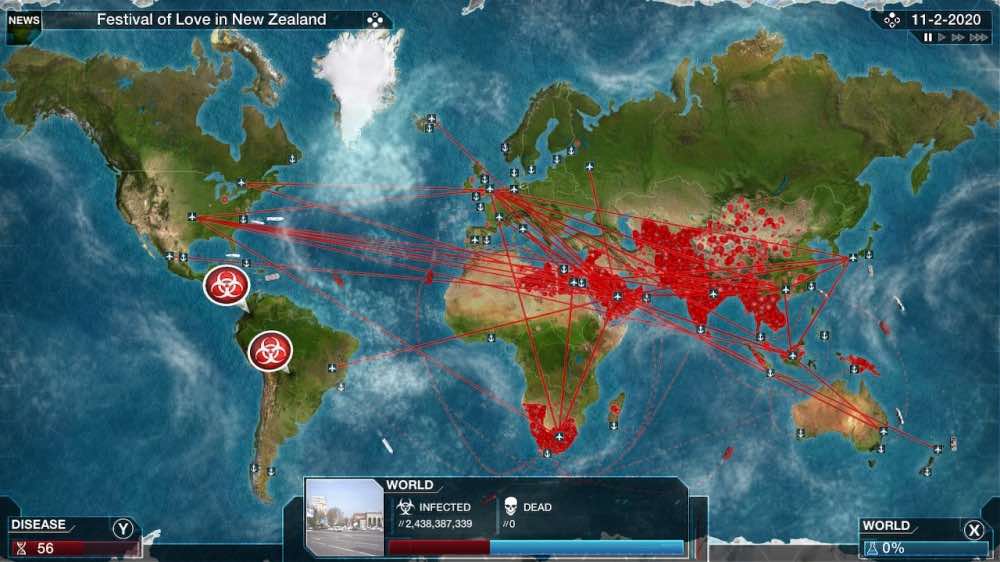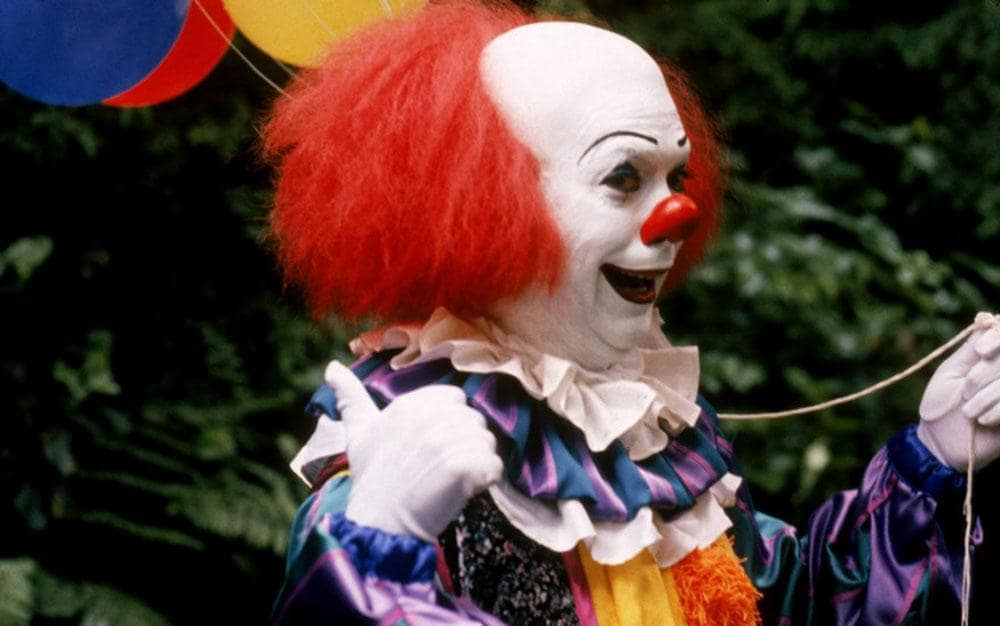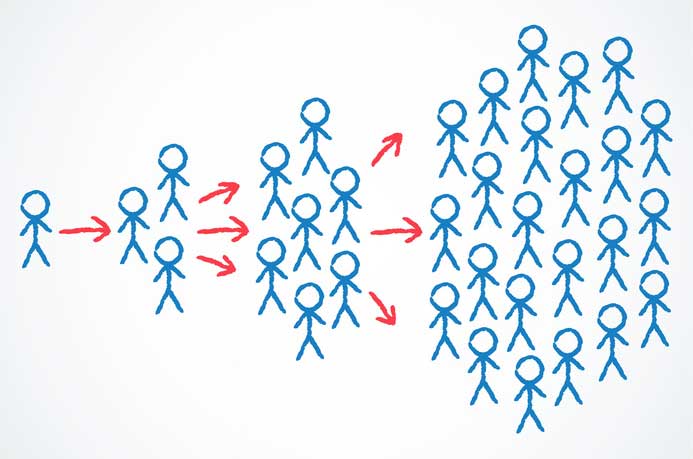The recent breakout of coronavirus led to a spike in sales for a mobile game. What could coronavirus have to do with video games sales? Sounds a bit confusing!
Check out Plague Inc, a mobile game where you play a god-cum-mass-murderer ('coz devil always tempts never mass murders), intent on killing every human being on the planet. The outbreak was followed by a massive media coverage. Almost anyone with a social life has talked about it, and a majority of people who have played this game discussed this in a conversation. This led to a massive uplift in the download and sales of the mobile game.

So why did so many people talk about Plague Inc and not about 2048? The simple answer is 'trigger'. A trigger is a an internal or external pinch which causes people to think/do something. For example, social media networks work on the internal trigger of boredom. Think about this - Suppose you're engaged in a conversation with someone and they suddenly have to leave the room to take a call. Your hands would instantly, inadvertently go into you pockets and fish out your phone. Noone would sit down quietly in deep thought about how Parasite actually won the "Oscars without a host".
Triggers affect human behaviour. Almost every event in our surrounding is a trigger. However, their usefulness is often overlooked. Often people focus too much on the message and not so much on the triggres. Triggers are so important that they trump the actual messaging when it comes to making an idea viral.
Remarkable content doesn’t always lead to viral. For example, imagine you dressed in an orange clown jumpsuit, put on white wall-paint as makeup and went to office. It would surely create a roar on the day, however people wouldn't share it and discuss it with others a few days later.

Companies and marketers often aim to come up with dazzling ads aiming to 'start a conversation'. They assume that the depth of thought and emotion in their ads would make their ad viral. But often they ignore the importance of triggers in propagating their message.
P&G made an amazing ad about the olympics and moms (P&G 'Thank You, Mom' Campaign). I love this ad for its thought and emotional value. Anyone watching it would probably share it because it's so warm and fuzzy. However, after the initial push, it's only recalled once every 4 years (when the olympics are close or whenever someone wants it to feature in a blog post).
On the other hand, think about how many times (in millions) have you heard an Indian person ask another one "Kya chal raha hai?" (Wassup?) and heard the other one reply "Fogg chal raha hai" (Fogg is up!). I don't want to speculate on how they came up with the ad, but I know for a fact that if one of the interns at the popular ad agencies had pitched this ad idea to a senior, they would only be making coffee all summer. The ad came out in 2016 and is still (sadly) a part of our conversation today. The obvious reason is that the ad piggy backed on one of the commonest triggers in our lives - someone asking you what's up? It managed to be goofy enough to be used by people whenever they encountered this trigger.
Check out another ad which really moved sales for its product. They really owned the trigger of people asking others (or thinking to themselves) - Do I want to buy Panda cheese! Think about the thousands who would have asked themselves the question, smiled, and proceeded to by the not-so-good tasting cheese.
Many times, triggers are good enough to drive results on their own - no message required. This is rarer but for cases where the need is psychological or already internalized, only triggers can drive people to use/buy the product. Few years ago, my daily routine involved a walk in Manhattan from my hotel to the nearest Path station. On the way, I would always grab a cup of coffee from Starbucks. Conveniently, one was directly in the path, along with another one just across the street. I never quite understood the logic of 2 stores so close by, until I reached b-school. Where I understood that the aroma and smell of coffee from a Starbucks store is a very important part of their marketing. The smell is a strong enough trigger to cause people to take a small detour and buy a cup! Now, every time I walk in the Dubai Mall, I can't help but notice how Starbucks stores are strategically placed such that you have to walk through them while moving around. I have to say, the fresh smell of coffee is a very enticing trigger!

Having discussed triggers for so long, I want to make one thing clear - I'm not saying a remarkable message isn't important. Yes, the Fogg peeps were able to make the message viral with the lamest of messaging. However, emotions and intensity of the message always help in making things stand out and discussed. They just need to be combined with the right triggers that the message can piggyback on and spread like fire. The right combination can yield returns on investment similar to Yahoo's Alibaba investment!
Triggers are gradually forming important parts of marketing strategy and leading to creation of some terrifyingly interesting business models. Think about this - there are companies that pay your cellphone providers to get your approximate coordinates (triangulated through cell phone towers) - and then they sell this information to companies to send you SMSes when you're near their stores. All so that you buy more!
There are other negative impacts of triggers that we don't think about. Many times, wide-scale reporting of things like suicides, cause a spike in suicide rates. This is especially dangerous when the trigger is a popular TV series which are discussed by people in their day-to-day conversation.
Recently, Bollywood released a movie on acid attacks, starring Deepika Padukone, that got a lot of coverage. I would be interested in looking at the acid attack crime data post the release of the movie. Sometimes, things done with good intentions can have a negative impact on the society.
Understanding and thinking about triggers has had a lot of impact on personal life as well. During the course of my life, whenever I feel uncomfortable or agitated, I always look for the trigger that caused it. It might take some time and several rounds of analysis - but when you do understand it, you can train yourself to avoid those triggers altogether or respond better to them. Hopefully you would give this topic some thought in your daily life. It's a nice little aha moment when you're able to observe triggers and the accompanying actions that follow it.
